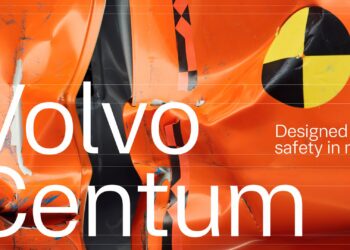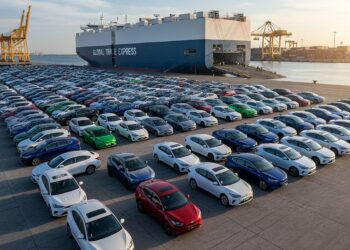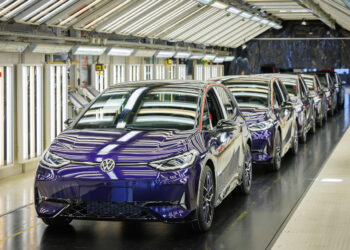The Renault group presented this Thursday, November 7th, a transformation plan to reduce industrial costs by 30% per vehicle in the case of combustion cars and by 50% in electric vehicles.
The French brand clarified in a statement that this “profound transformation of the industrial system” will be possible mainly thanks to digitization, the implementation of the metaverse, and artificial intelligence.
All these technologies will be at the service of the company’s employees to facilitate their work, which will be more productive, the company said.
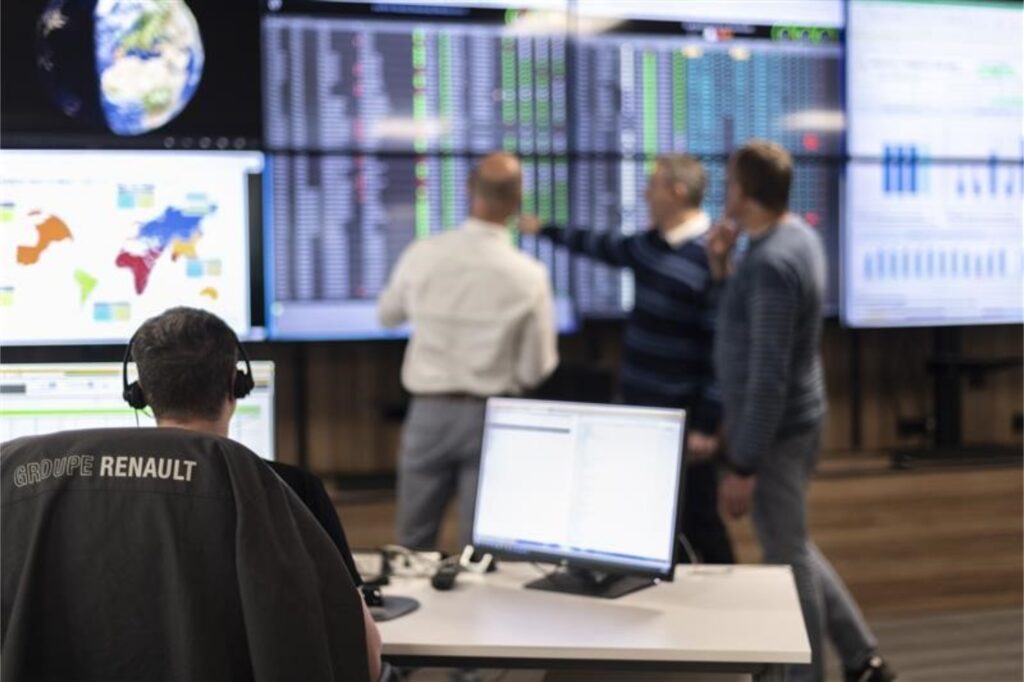
Renault, which did not disclose any numbers regarding the necessary investments, ensured that this expected increase in productivity in its factories will not result in any staff reduction.
“This industry transformation aims to make our system more agile, more virtuous, more competitive, which will also allow us to respond more quickly to what our customers expect,” emphasized Thierry Charvet, Renault’s industrial manager.
“It is about leveraging our strengths, doing what we do well much faster, and together taking the industrial system to its maximum excellence, reinventing it,” Thierry Charvet reinforced.
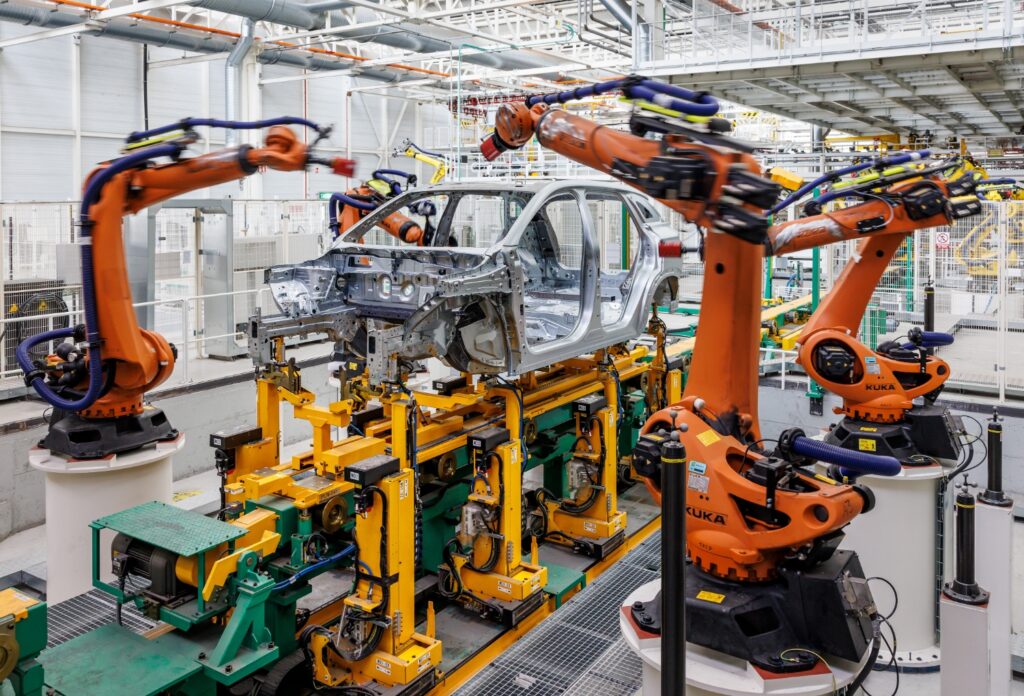
In this way, the company ensures that the reliability level of its vehicles has multiplied by three and is “at the highest levels,” that its factories are at the top of the rankings of the independent Harbor Report, and that it is among the top three global manufacturers with the best energy efficiency and carbon dioxide (CO2) emissions.
After being the first automaker to be equipped with the industrial metaverse, it now intends to expand its application with greater digitization to develop “innovative procedures” that allow for a reduced manufacturing time of nine hours for the future Renault 5 electric model.
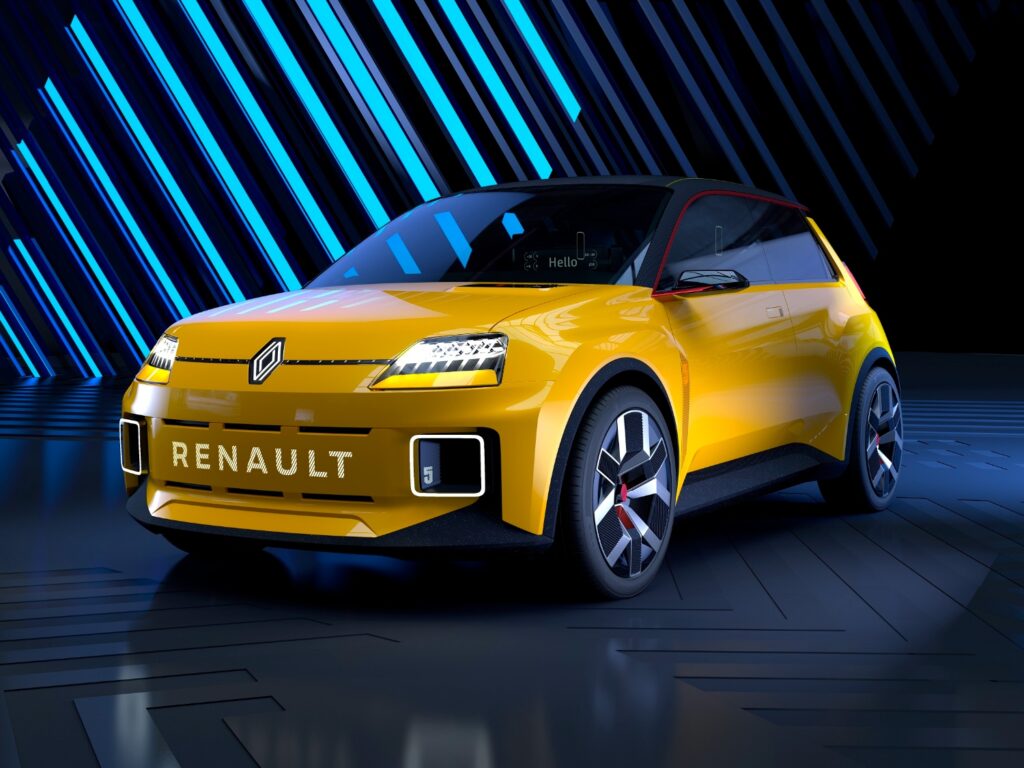
This industrial metaverse environment, with 12,000 connected devices in its factories worldwide, allows for the collection of two million data per minute and, thus, produces more quickly and, in that sense, at lower costs.
The company estimates savings of around €270 million euros for this year thanks to the metaverse. With this industrial ecosystem, Renault expects to achieve a 60% reduction in vehicle delivery times, while also halving the carbon footprint in the manufacturing of its vehicles.



